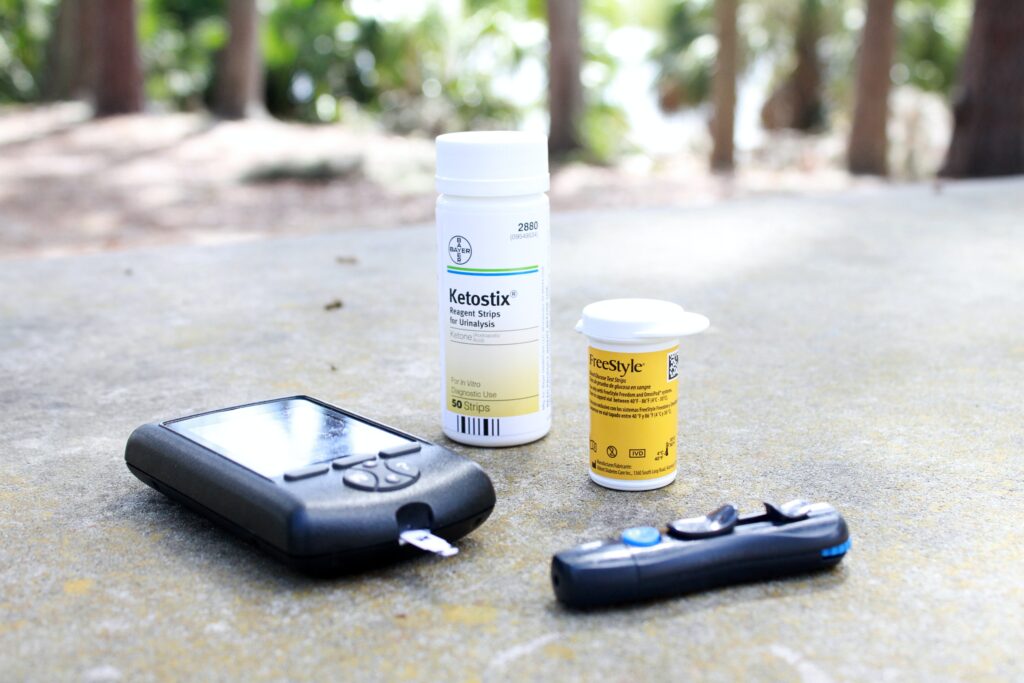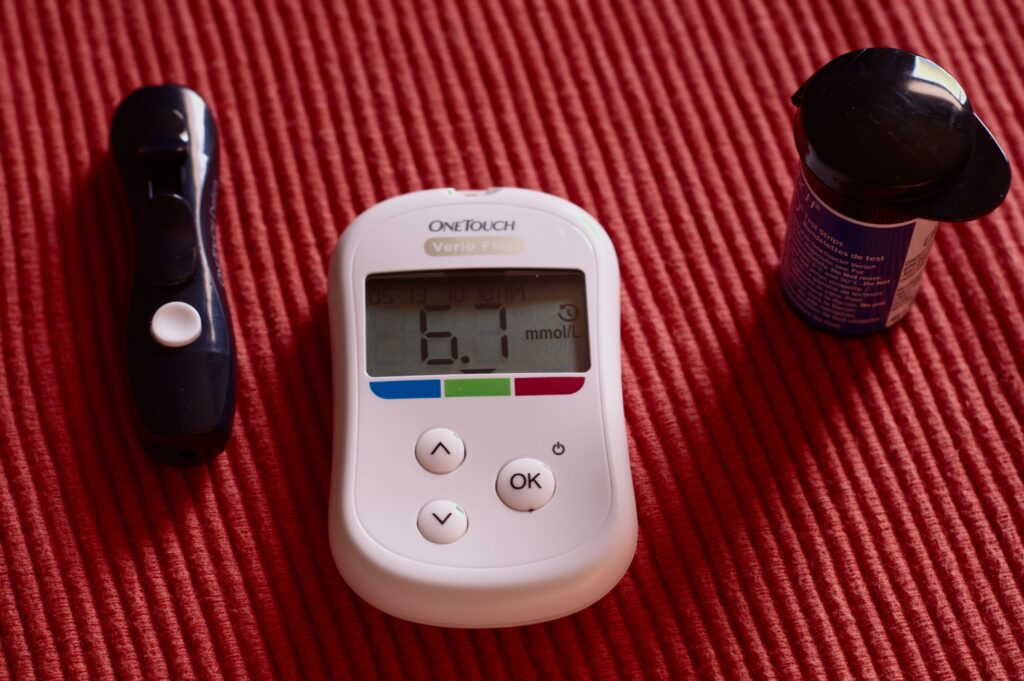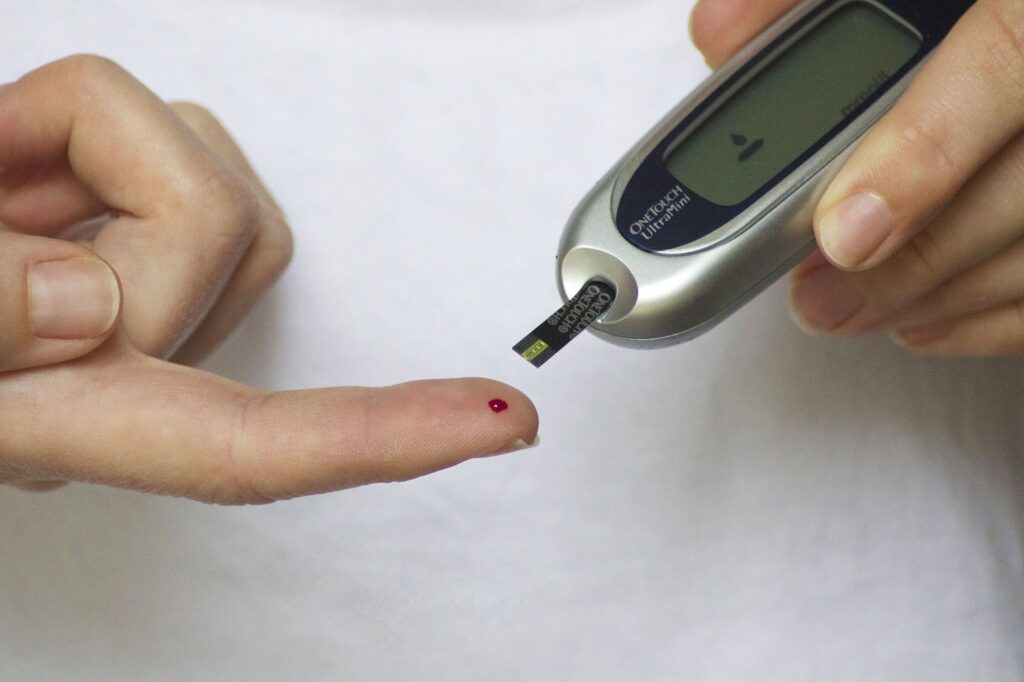
Diabetes, commonly known as diabetes, is a growing disease that is constantly affecting large numbers of people. An estimated 422.2 million people worldwide suffer from the disease. In Pakistan alone, about 1.5 to 200,000 people become disabled every year due to diabetes. According to a recent study, one out of every four people in Pakistan suffers from diabetes and this number is increasing rapidly. Not only that, but diabetes is the eighth leading cause of death in Pakistan and the number of deaths has risen by 50% since 2005. According to health experts, the causes of diabetes are obesity, smoking and not exercising. Diabetes is caused by an insufficient amount of insulin in the body. In fact, most of the food that a person eats, especially sweet and starchy foods, is converted into sugar.

This sugar is called glucose, and this glucose provides energy to the body. The human body has a pancreas just below the stomach, which produces a hormone called insulin, which limits the amount of glucose, and at the same time makes it possible for our organs to get glucose through the blood, if so. If not, then the fat in the human body remains the only source of energy. Diabetes is mainly caused by the pancreas not working properly and not releasing the required amount of insulin, or by the fact that the cells stop working with insulin, in both cases the result is The amount of glucose in the blood is not balanced which results in a bad effect on all the organs, while the worst effect is on the blood vessels. There are basically two types of diabetes, the first in which the body does not produce insulin at all, the disease can appear at any time, but usually people suffer from it from childhood, the treatment is to take regular insulin, but At the same time, it is important to be aware of the amount of glucose in the blood so that the right amount of insulin can be taken. In some cases the blood glucose level may be too high or too low, so caution is needed. In type 2 diabetes, the chemical components that work with insulin in cells and tissues are not able to function properly, resulting in a system that has to function after the arrival of insulin. It is not possible to estimate the amount of insulin, as a result the body does not get the right amount of glucose.

The result can be either high or low glucose, this type of diabetes is more common. Common symptoms of diabetes include blurred vision, dizziness, constant thirst, rapid weight loss, loss of appetite, and excessive urination. These symptoms need to be taken care of, as well as It is also important to keep an eye on diabetes and get tested for diabetes from time to time. Women and men over the age of 40 need to be more careful than diabetics. Diabetes can also be inherited, meaning that if the parents or their parents have had diabetes, the chances of developing diabetes in the next generation increase. Diabetes affects the whole body and can cause significant problems in the long run, such as effects on the eyes and eyesight, high blood pressure or hypertension and the resulting heart disease, skin diseases, especially the whole body. Injuries to the legs do not heal, kidney diseases, in addition it affects the veins and arteries, and can lead to many life-threatening diseases. Diabetes and heart disease seem to be two different things, but it is a fact that the majority of people with diabetes suffer from a number of complications. Heart disease is one of the major complications. According to medical experts, the number of people suffering from both high blood pressure and diabetes is increasing rapidly. The serious aspect of the matter is that when these two diseases are found, strict precaution is required as these two diseases are related to each other. Provide a conducive environment. Controlling high blood pressure is important in that in many cases the disease can be controlled only with precaution. To prevent diabetes, it is important to avoid weight gain, get enough sleep, get up during the day, get to bed at night, keep a balanced diet, get proper protein intake from vegetables, and avoid high-fat and starchy foods. To do Avoid meat, frozen fats, butter, vegetable ghee and margarine, as they can raise cholesterol levels. It is best to eat nuts such as peanuts, olive oil, canola oil, fatty or oily fish. And especially get in the habit of exercising for at least 30 minutes a day. All physicians agree that if a diabetic makes exercise a part of his or her routine, he or she can enjoy a life of protection from the ill effects of diabetes because exercise reduces the severity of the disease. And exercise indirectly increases the secretion of insulin by stimulating the pancreas and plays an important role in balancing insulin levels in the human body.
Don’t forget your feedback.